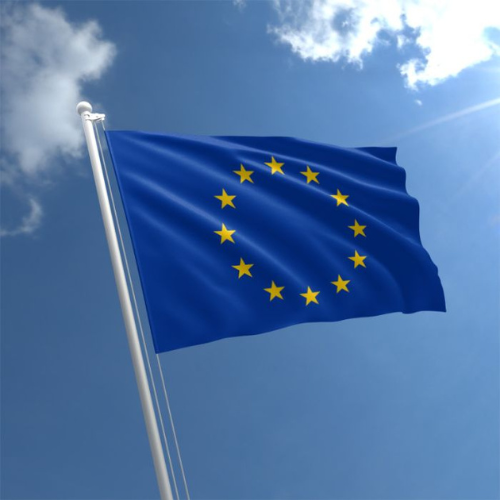The European Union (EU) is facing growing challenges from outside its borders, and leaders are now calling for a stronger response. According to a recent draft report, the EU should create a dedicated intelligence body to help protect its member countries from foreign threats. This idea comes from European Commission President Ursula von der Leyen, who has asked for new strategies to improve the EU’s safety and security.
Understanding the Need for a New Intelligence Body
The world today is more connected than ever, but this also means that dangers can spread quickly across borders. There are many risks that the EU needs to deal with, including actions by countries like Russia and China. Russian President Vladimir Putin’s movements have raised concerns among Eastern European nations, while the rise of China has brought about its own set of challenges. Moreover, tensions in the Middle East could also affect the EU.
The report points out that the EU currently lacks a proper intelligence service. Right now, officials mostly rely on information that is publicly available or what they receive from individual countries. This makes it hard for the EU to spot potential dangers and act quickly. Having its own intelligence body would allow the EU to gather and analyze information about threats that affect all its member states. This is important because many dangers are not limited to just one country; they can affect the entire region.
Key Features of the Proposed Intelligence Service
The proposed intelligence body would have a clear mission: to gather intelligence specifically related to external threats targeting the EU as a whole. This service aims to work alongside national agencies rather than replace them. By focusing on threats from outside the EU, the new intelligence body can help ensure that member countries are safer and more secure.
One important part of this plan is to expand the existing EU Intelligence and Situation Center. This center would get a broader job description that includes gathering intelligence on potential threats. The plan also suggests using EU diplomatic offices around the world to help collect this information. This would make it easier for the EU to understand what dangers are out there and how they might impact its member states.
European Union Imposes New Sanctions on Iran Following Drone and Missile Attack on Israel
Additionally, the draft report emphasizes the need to improve counter-espionage efforts. Espionage means spying, and countries often spy on each other to gain secrets. The report suggests that the EU should strengthen its legal rules regarding spying activities. By creating a unified legal framework for all member states, the EU can better tackle these issues and prevent hostile actors from finding safe havens within its borders.
Addressing Security Challenges and Funding Needs
The report also highlights the importance of addressing security challenges posed by foreign spies and operatives. It suggests that the EU should consider setting restrictions on diplomats from countries outside the EU if they are deemed a threat. This means that if a diplomat is suspected of spying or trying to cause harm, their movements within the EU could be limited. This would help protect member states from potential sabotage or espionage activities.
Another critical aspect of the report is funding. To build a more robust defense system, the EU needs to invest more money into security measures. The draft recommends enhancing existing funding tools to support the defense sector. One idea is to expand the European Investment Bank’s funding scope to cover a wider range of defense needs.
The report proposes creating a European Preparedness and Readiness investment plan. This plan would bring together various funding tools under one umbrella, making it easier to allocate money specifically for security and defense initiatives. Moreover, it calls for member states to commit a certain percentage of their gross domestic product (GDP) to support these efforts.
While these proposals aim to strengthen the EU’s security, there are concerns about centralizing power in Brussels. Some member states worry about sharing sensitive information with EU institutions. This hesitance comes from past experiences, especially after terrorist attacks in Paris and Brussels, where calls for better information sharing were made but progress was slow.


